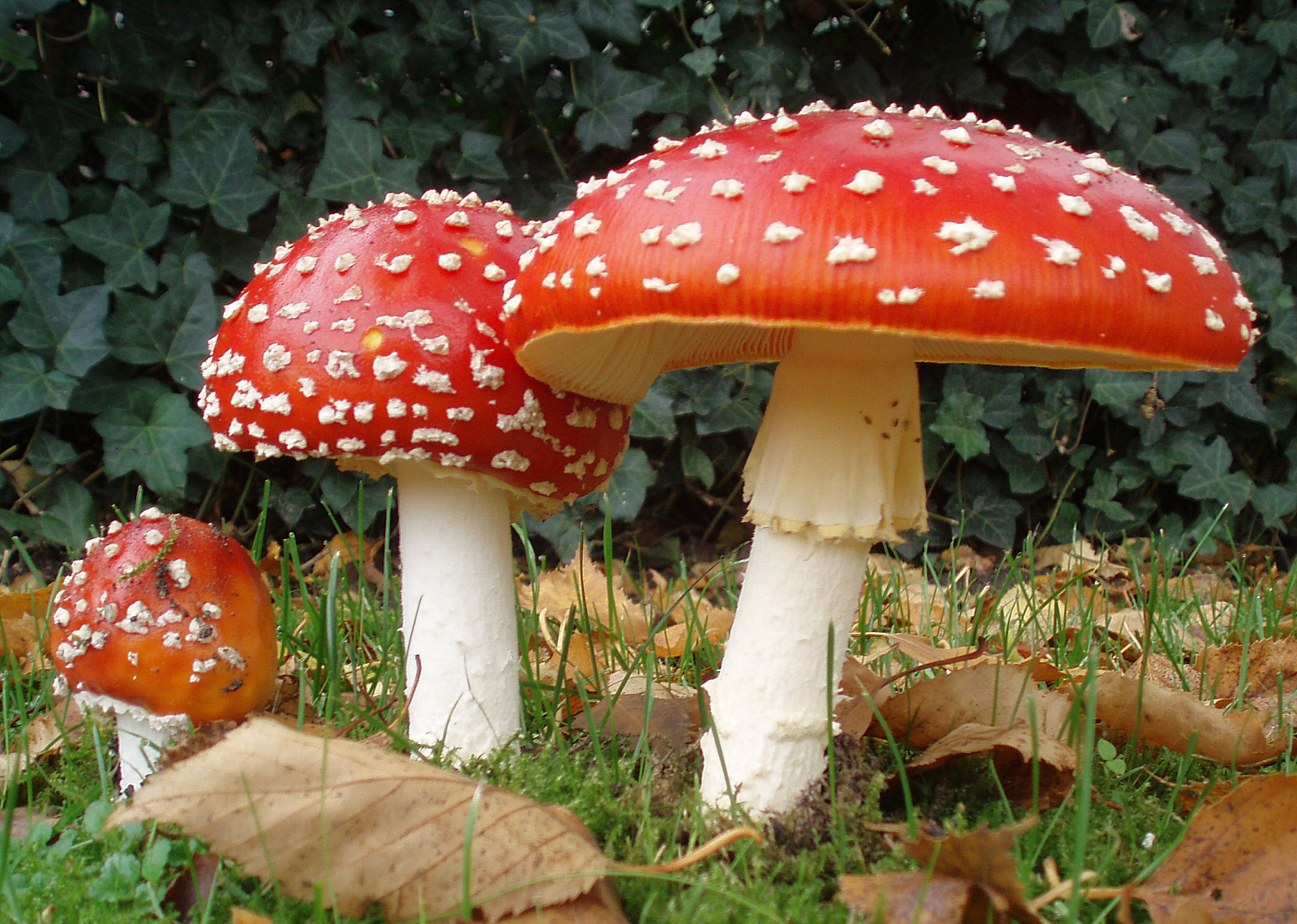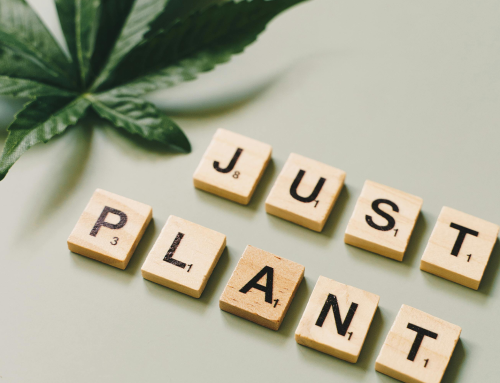How Long Does Psilocybin Last After Consumption?
Psilocybin known far more frequently as the intoxicating chemical compound in Magic Mushrooms, is one of the safer substances that doesn’t hang around too long after consumption. It doesn’t pose as much of a threat in a corporate environment, and effects are rarely felt beyond the usual high. That said, it’s always useful to know how long you can expect psilocybin to be detected.
When measuring how long drugs will persist in your body, it can be quantified by the drug’s half-life- basically, the amount of time it takes for half of a drug to be removed from one’s body. The usual half-life of psilocybin is 50 minutes, and it takes approximately six half-lives for the drug to entirely exit your body. As such, it takes approximately 5-6 hours for psilocybin to exit your body.
This is, of course, subjective to many, many variables. How exactly the body will respond to, and subsequently extract psilocybin is dependent upon the user with factors such as age, BMI, or simply if the user has exercised or is hydrated.
For example, obese individuals and users over the age of 65 are more subject to arterial issues, and the speed of blood flow to the kidneys and liver is reduced. Meanwhile if the user is active and hydrated then the body will process the chemical compounds more efficiently, and the body will metabolize at a faster rate- all in addition to sweating.
Furthermore, there are hundreds of types of mushrooms, each unique in potency, and unique in the time they remain in one’s system. The exact length of stay in your body is incredibly dependent upon your species of mushroom, and the user’s health. Mushroom types range from ‘psilocybe liniformans’ at 0.16% psilocybin content to ‘psilocybe azurescens’ at 1.78% content. Exactly how long the compound remains in your body depends on the species, your health, and your lifestyle.
Socially, psilocybin does not possess the same stigma in a workspace that cocaine or alcoholism may hold, and is not usually sought during drug testing. This said, it can be found using methods such as liquid chromatography: simply, your samples are subject to different chemicals designed to turn different colors when they encounter specific drugs.
The most common wide-screening drug test is urine, but psilocybin is only detectable for up to 24 hours this way (assuming the user is properly hydrated). Similarly, some labs offer blood testing- but will miss any psilocybin ingested beyond 36 hours. Hydration can accelerate the expulsion of psilocybin from urine and blood, but total abstinence is recommended should the user know of any future tests.
The most alarming test is that of hair, within which psilocybin can remain for up to 90 days (as hair grows while still containing that substance). However, this test requires a large hair sample from the user, meaning that it will be conducted only when an individual is specifically suspected of use.
In almost the entirety of the US, psilocybin is a highly controlled schedule 1 compound. While the drug itself is understood to have medicinal properties (and is legal elsewhere in the world) it remains unregulated and criminalized. Indeed, legalization is encouraged to ensure that when people inevitably take mushrooms, they do so in a safe and healthy manner.
Only four cities have decriminalized psilocybin: Denver, Oakland, Santa Cruz, and Cambridge, Massachusetts. We owe a debt to Denver especially; as Initiative 301 (passed May 2019 by a slim 50.6% of votes) instructed police to look the other way with most fungal-based psychedelics. As arrests lowered, the Initiative swiftly represented positive change as education, awareness, and rationale towards mushroom use.
Looking forward, New York is likely the next city to decriminalize mushrooms. Led by left-leaning democratic representative Alexandria Ocasio-Cortez, State-wide legalization is predicted to minimize arrests of marginalized communities and encourage safety for those who will inevitably use psilocybin.
Always ensure you know the source of the mushrooms: poisonous mushrooms are always a threat, and even experienced cultivators can make mistakes. It’s also recommended that you have a ‘trip sitter’- a sober, trusted companion available to keep you safe, and to make sure your trip remains enjoyable, wholesome, and uninhibited.



































